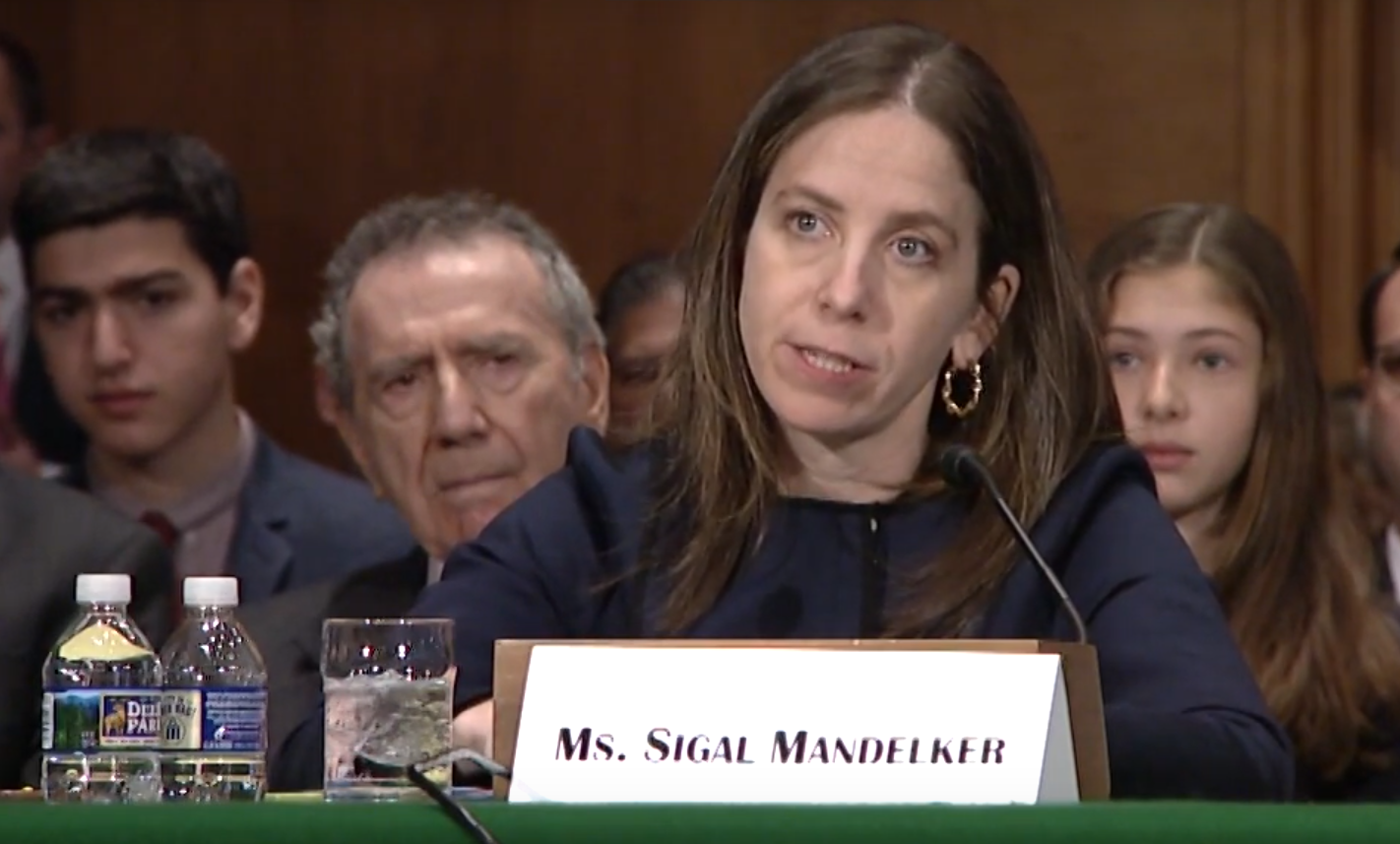Crypto Must Take Fraud Prevention Seriously: Crypto Long & Short
For months, the crypto landscape has been plagued by regulatory uncertainty. Recent events, including the split Ripple decision, the indictment of Celsius’ former CEO and competing congressional bills serve as reminders of the pressing need for guidance.
Rather than passively waiting for ideal regulations or hoping for a regulation-free environment, as we saw with false reports of U.S. Securities and Exchange Commission Chair Gary Gensler’s resignation, it is imperative that we shift our focus towards action grounded in expertise and sound judgment.
Despite the ongoing debate regarding the adoption of a traditional finance (TradFi) framework for crypto, it is clear that regulation looms ahead. This trajectory is evident from enforcement cases in the U.S. and the issuance of prudential guidance notes from Europe and Asia. There is also a growing consensus that crypto users require protection from theft, fraud and manipulation. Addressing these challenges necessitates taking action through due diligence efforts and consensus-driven measures.
You’re reading Crypto Long & Short, our weekly newsletter featuring insights, news and analysis for the professional investor. Sign up here to get it in your inbox every Wednesday.
When evaluating a crypto investment in this environment, it becomes crucial to investigate the project’s governance, risk and compliance (GRC) approach, especially with regard to fraud prevention. Due diligence should show a tech GRC program informed by U.S. Department of Justice (DOJ) guidelines and smart risk mitigations that reflect planning for what is ahead. By way of example, this includes:
-
undertaking security audits
-
adhering to public communication standards
-
ensuring the team possesses adequate experience and conducts conflicts of interest checks
-
maintaining standards for confidentiality and adherence to NDAs
-
conducting global sanctions and new product launch testing
-
managing a regulatory developments strategy
As Europe, Asia and the U.S. compete to become the global hub for crypto, those who enable regulatory technology (regtech) while avoiding reliance on legacy bureaucratic approaches will be a breakaway leader. The Transparency International Corruption Perceptions Index (CPI) reveals that despite significant investments in GRC programs for traditional companies, effective anti-fraud measures remain elusive. It is time to retire failing legacy regimes and seize the opportunity to innovate using the transparency and agility offered by blockchain technology.
To thrive in the crypto space amid regulatory challenges, proactive steps are vital. By prioritizing due diligence and embracing consensus-driven measures, investors and participants can shape the growth of the crypto ecosystem. Taking the lead in regulatory innovation will lay a strong foundation for the crypto’s future. Fraud prevention must be imperative to foster trust and credibility.
Let us unite in fortifying the industry, inspiring confidence and empowering new finance globally.
Edited by Nick Baker.









